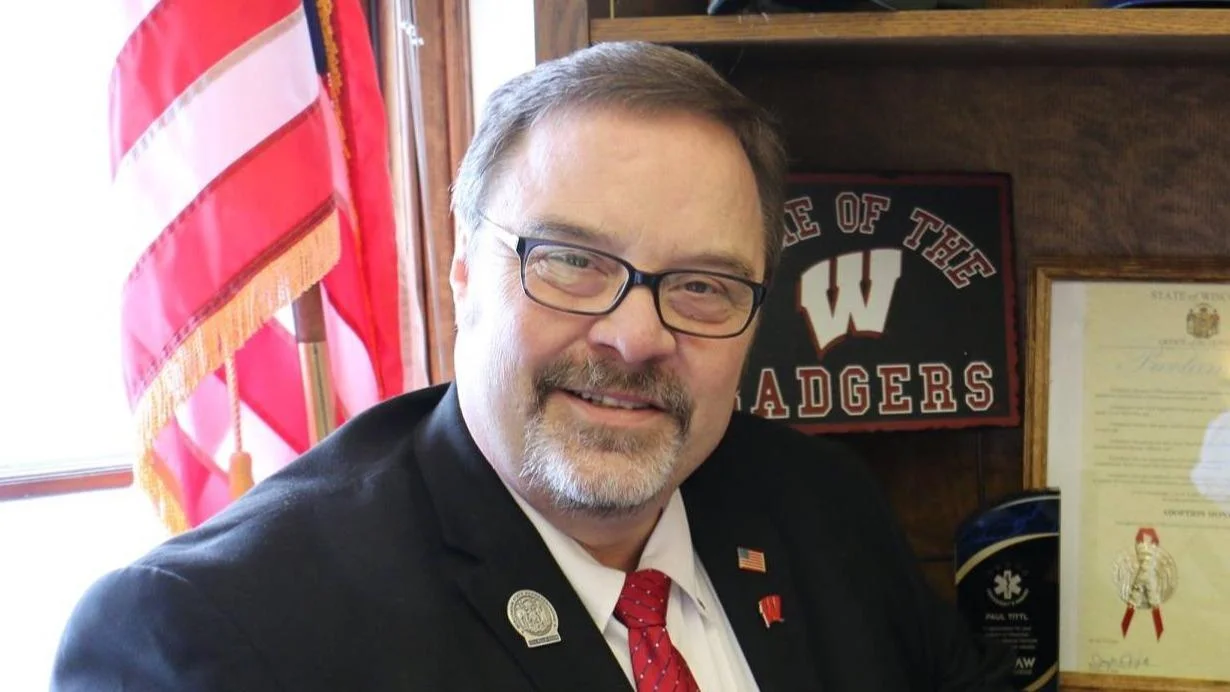Paul Tittl, Wisconsin State Representative of 25th District | Facebook
Paul Tittl, Wisconsin State Representative of 25th District | Facebook
According to the Wisconsin State Legislature's official website, the bill was described as follows: "emotional support animals in housing; falsely claiming that an animal is a service animal; and providing a penalty. (FE)".
The following is our breakdown, based on the actual bill text, and may include interpretation to clarify its provisions.
In essence, the bill revises laws concerning emotional support animals and service animals in the context of housing and public accommodations. It specifies that only dogs and miniature horses that meet federal ADA standards, or are being trained to be service animals, qualify as service animals. It allows housing representatives to request a prescription from a licensed health professional for an emotional support animal and penalizes false documentation with a $500 forfeiture. The bill also prohibits misrepresenting possession of a service animal in public, with fines up to $500 for repeated offenses. Additionally, it mandates the Department of Workforce Development to provide signage and informational brochures for businesses regarding the rights related to service animals.
The bill was co-authored by Sen. Rachael Cabral-Guevara (Republican-19th District), Rep. Brent Jacobson (Republican-87th District), Rep. Joel Kitchens (Republican-1st District), Rep. Daniel Knodl (Republican-24th District), and Rep. Dave Maxey (Republican-83rd District).
Paul Tittl has co-authored or authored another 46 bills since the beginning of the 2025 session, with none of them being enacted.
Tittl, a Republican, was elected to the Wisconsin State Assembly in 2013 to represent the state's 25th Assembly district, replacing previous state representative Bob Ziegelbauer.
In Wisconsin, the legislative process starts when a senator, constituent, group, or agency proposes an idea for a bill. After drafting, the bill is introduced, numbered, and referred to a committee for review and public input. If approved, it moves through three readings and votes in both the Senate and Assembly. Once both chambers pass the same version, the bill goes to the governor, who can sign it, veto it, or let it become law without a signature. Only a small share of bills introduced each session ultimately become law. You can learn more about the Wisconsin legislative process here.
| Bill Number | Date Introduced | Short Description |
|---|---|---|
| AB366 | 07/17/2025 | Emotional support animals in housing; falsely claiming that an animal is a service animal; and providing a penalty. (FE) |
| AB322 | 07/08/2025 | Designating the monarch butterfly as the state butterfly |
| AB301 | 06/06/2025 | Grants to mental health clubhouses and making an appropriation. (FE) |
| AB178 | 04/15/2025 | Expanding the treatment alternatives and diversion programs. (FE) |
| AB92 | 02/28/2025 | Spinal cord injury research grants and symposia and making an appropriation. (FE) |
| AB80 | 02/28/2025 | Ratification of the Social Work Licensure Compact. (FE) |
| AB76 | 02/28/2025 | Creating an individual income tax deduction for certain income earned by an individual from the practice of psychiatry or from providing psychiatric or mental health services. (FE) |
| AB49 | 02/17/2025 | A minor’s authority to consent to health care |
| AB31 | 02/17/2025 | Repair and replacement of implements of husbandry under warranty |
| AB20 | 02/06/2025 | Allowing certain married persons to claim the earned income tax credit when filing a separate return. (FE) |





 Alerts Sign-up
Alerts Sign-up